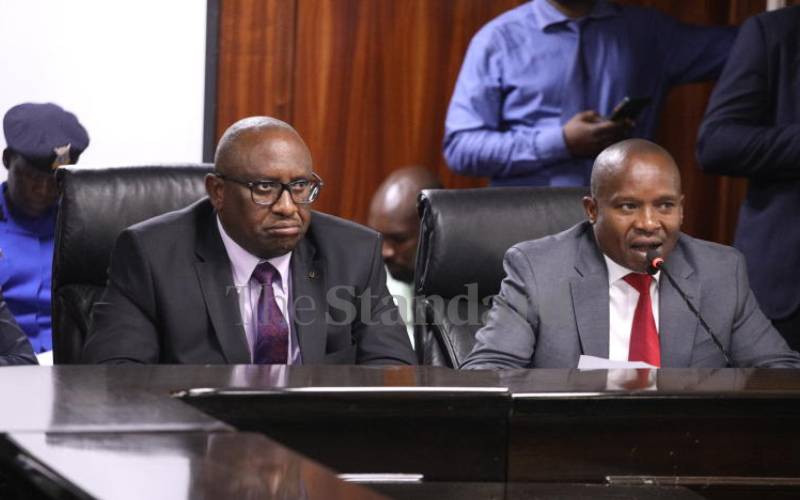×
The Standard e-Paper
Home To Bold Columnists

The deployment of police officers to Haiti promises to be a success, Interior Cabinet Secretary Kithure Kindiki has said, even as the opposition vowed to block the planned move.
Prof Kindiki on Thursday told the National Security and Administration Committee that a reconnaissance team, sent to Haiti to assess the situation, had established that the mission to flush out gangs would be "viable".